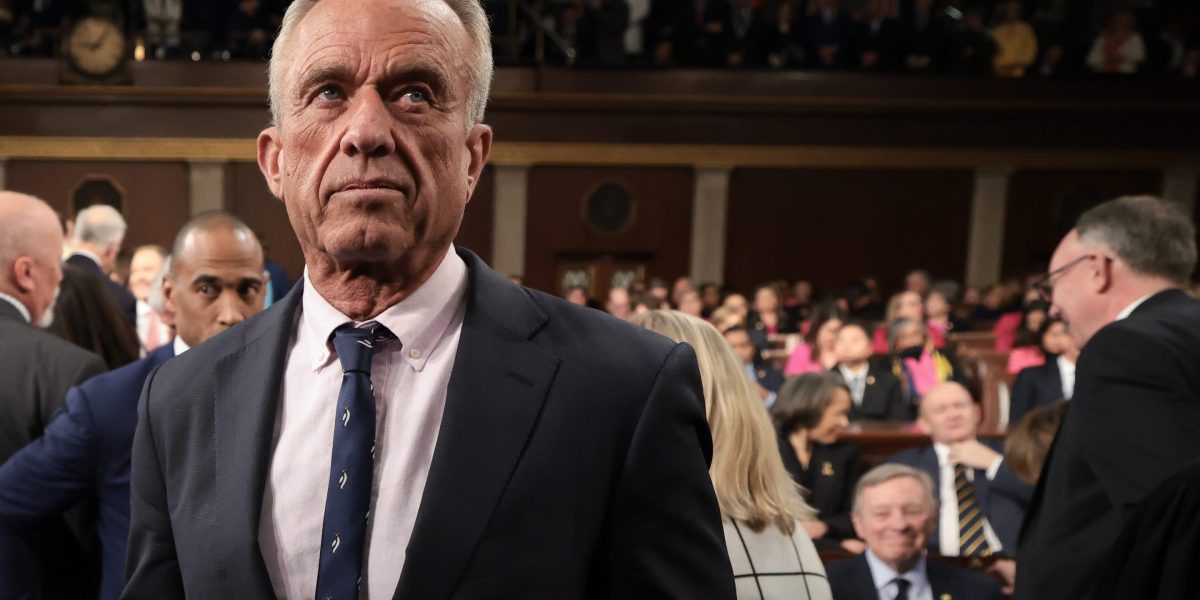- Liberty Media’s Formula 1 is looking to sell a U.S. TV package for $150 million to $180 million per year, according to the Wall Street Journal. That’s nearly double what ESPN is estimated to pay now to broadcast the sport.
Liberty Media’s Formula 1 is looking to sell a U.S. media rights package for $150 million to $180 million per year, according to a Wall Street Journal report.
That’s not an official asking price, but it would be up to double what the current rights deal is reportedly worth, sources told the Journal. The new contract is slated to begin with the 2026 season.
Liberty did not respond to a request for comment.
Since 2018, Formula 1 has been airing in the U.S. on ESPN, which originally obtained the broadcast rights for free after NBC decided to forgo a renewal of its $4 million deal.
After Liberty Media acquired Formula 1 in 2017, it prioritized expanding it the U.S. The sport has added American destinations to its circuit in Miami, Las Vegas, and Austin, Texas, while Netflix’s docuseries Drive to Survive was also a hit among U.S. audiences.
That helped boost F1’s U.S. viewership, which more than doubled from about 550,000 in 2018 to 1.2 million in 2022, when ESPN inked a three-year extension for a price that’s been estimated at $75 million-$90 million a year.
ESPN’s rights to broadcast F1 expire at the end of the 2025 season, and the company owned by Disney declined to negotiate further during its exclusive window, according to the Journal.
Additionally, Puck News reported that Disney will not pursue a new deal once its current one runs out. But F1 CEO Stefano Domeniciali said during a February earnings call that although the exclusive negotiation period had passed, discussions were ongoing.
“The fact that at the end of the exclusivity period they have not put in place on a formal offer doesn’t mean that the discussions aren’t going ahead,” Domenicali said. “Actually, it’s the other way around. So there are still a lot of discussion to try to find the best solution.”
ESPN declined to comment to Fortune on its negotiations with F1.
F1’s U.S. media rights package is estimated to be worth more than $100 million per year, but not the $180 million Liberty Media reportedly seeks, according to Ampere Analysis, a research firm.
That’s as viewership has dipped slightly from 1.2 million in 2022 to 1.1 million in 2024, according to Nielsen data cited by the Journal.
For comparison, that figure is 26% less than an average baseball game on ESPN’s coverage of Sunday Night Baseball. ESPN is reportedly paying $550 million per season for Major League Baseball rights, though that arrangement is ending at the end of 2025.
Other major leagues across the U.S. have signed bombshell TV deals. Notably, last year, the National Basketball Association signed a $2.6 billion-a-year deal with Disney. And in 2021, the National Football League closed a deal with CBS, Disney, Fox, NBC, and Amazon worth more than $11 billion a year.
Although F1 garners international attention, race times for U.S. viewers are not optimal, with many starting around midnight into early Sunday mornings.
Liberty Media CEO Derek Chang said he’s looking to increase fan exposure along with finding the most lucrative deal, but he acknowledges the shifting media landscape.
“The whole media world is a very fluid situation,” Chang told the Journal.
This story was originally featured on Fortune.com
Source link

 Entertainment8 years ago
Entertainment8 years ago
 Politics8 years ago
Politics8 years ago
 Entertainment8 years ago
Entertainment8 years ago
 Entertainment8 years ago
Entertainment8 years ago
 Tech8 years ago
Tech8 years ago
 Tech8 years ago
Tech8 years ago
 Tech8 years ago
Tech8 years ago
 Politics8 years ago
Politics8 years ago







